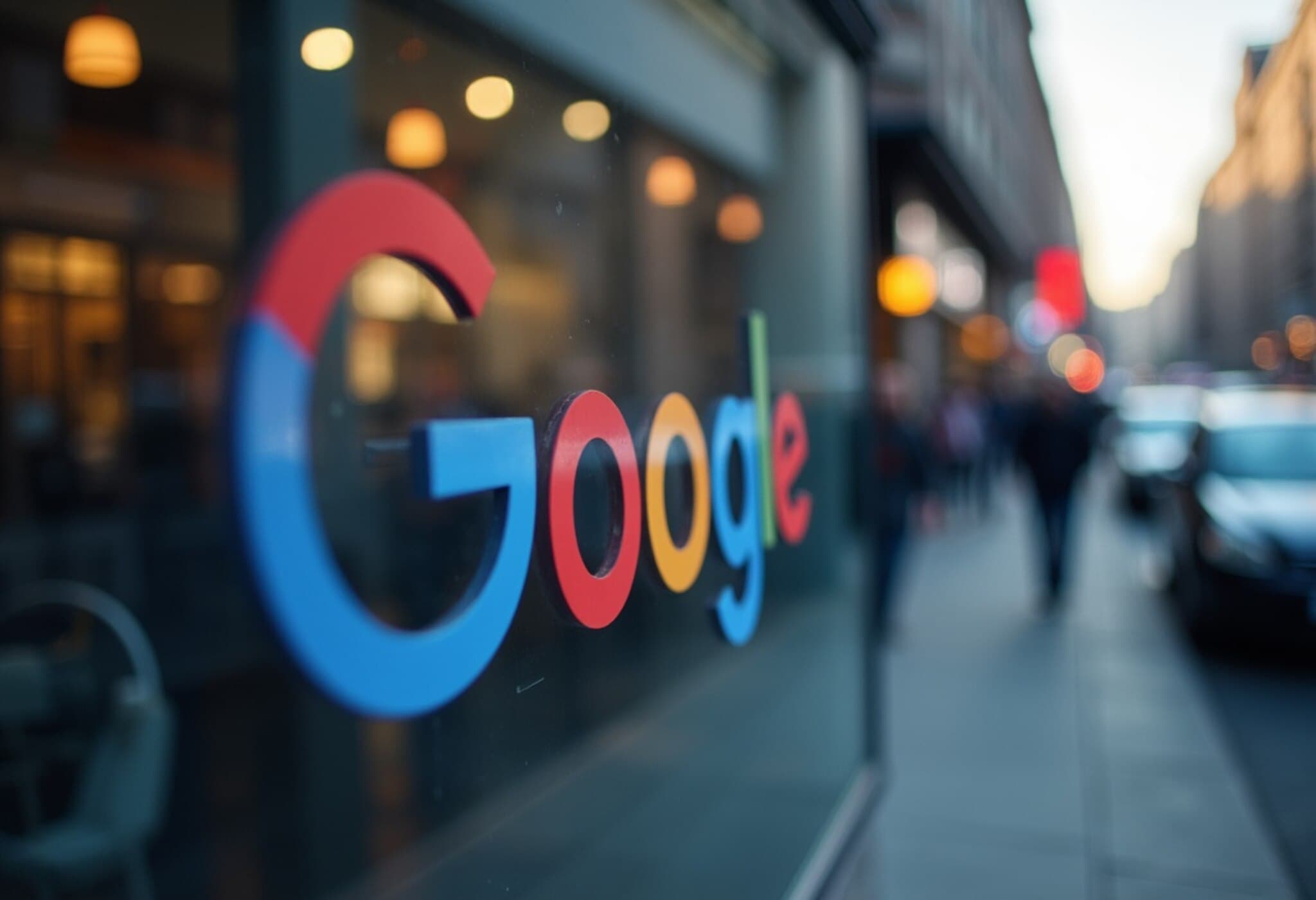Google Embraces EU’s AI Code of Practice Despite Industry Divisions
In a significant move signaling contrasting approaches within Big Tech, Google announced on Wednesday its decision to sign the European Union’s AI code of practice, a voluntary framework intended to guide responsible AI development across the continent. This action follows Meta's recent rejection of the same code, citing concerns that it could hinder innovation within Europe’s burgeoning AI sector.
Understanding the EU’s AI Code of Practice
The European Commission, the EU's executive arm, released the final version of this AI code alongside its broader landmark AI Act. The legislation aims to establish rigorous standards around transparency, safety, and security for general-purpose artificial intelligence models.
While the AI Act itself is binding law, the accompanying code of practice serves as guidance for companies, allowing tech giants and smaller developers alike to voluntarily align their AI products with EU values and requirements.
Google’s Calculated Commitment
Kent Walker, Google’s President of Global Affairs, emphasized in a public statement that signing the code is rooted in a desire to accelerate access to cutting-edge AI tools for European citizens. He pointed out the economic opportunity ahead: embracing AI technology could potentially increase Europe’s GDP by 1.4 trillion euros ($1.62 trillion) annually by 2034.
However, Walker candidly acknowledged lingering concerns that the regulatory framework might inadvertently slow AI advancements or impose burdensome hurdles. Specifically, Google flagged three core risks:
- Potential departures from established EU copyright laws that could complicate AI training data usage,
- Procedural delays in regulatory approvals stalling timely deployment,
- Requirements potentially exposing sensitive trade secrets, thereby discouraging open innovation.
These factors, Walker cautioned, may dampen Europe’s ability to compete globally in AI development.
Meta’s Rejection Sparks Dialogue on Innovation vs. Regulation
Earlier this month, Meta took the opposite stance, refusing to endorse the code. Joel Kaplan, Meta’s Vice President of Global Affairs, criticized the framework as an overextension, warning it could introduce legal ambiguities and “stunt” European AI growth.
Kaplan argued that the code’s provisions go beyond the intended scope of the AI Act itself, thereby creating an environment rife with regulatory uncertainties for AI model creators.
Wider Implications: Navigating the Tightrope Between Safety and Progress
The disagreement between two of the largest tech players highlights a broader challenge facing policymakers worldwide: how to craft regulations that protect citizens and ethical standards without throttling innovation.
Experts note that Europe’s regulatory leadership on AI, initially seen as a blueprint for responsible tech governance, might risk fragmenting the global digital economy if rules become too restrictive. On the other hand, insufficient regulation could lead to unchecked risks, including bias, privacy infringements, and security vulnerabilities.
From an American legal and economic perspective, this tension resonates with ongoing debates over balancing innovation incentives with consumer protections—a familiar theme during the rise of the internet and social media.
What Comes Next?
By choosing to sign, Google could foster a cooperative path forward with European regulators, potentially influencing how AI standards evolve. Meanwhile, Meta’s resistance calls attention to the need for clearer, more practical guidelines that can accommodate fast-paced technological development.
As AI continues to reshape industries from healthcare to finance, the stakes remain high—not only for corporations but for society at large. The EU’s efforts may ultimately serve as a test case for global AI governance models in the years ahead.
Editor’s Note:
The diverging stances of Google and Meta reveal a fundamental crossroads in AI governance: How can policymakers foster innovation while safeguarding public interests? As Europe leads with pioneering legislation, US lawmakers and tech companies watch closely, mindful that the balance struck there could influence AI’s future worldwide. Readers are invited to consider how these regulatory choices might affect not only global markets but also the ethical landscape of tomorrow’s technology.



















